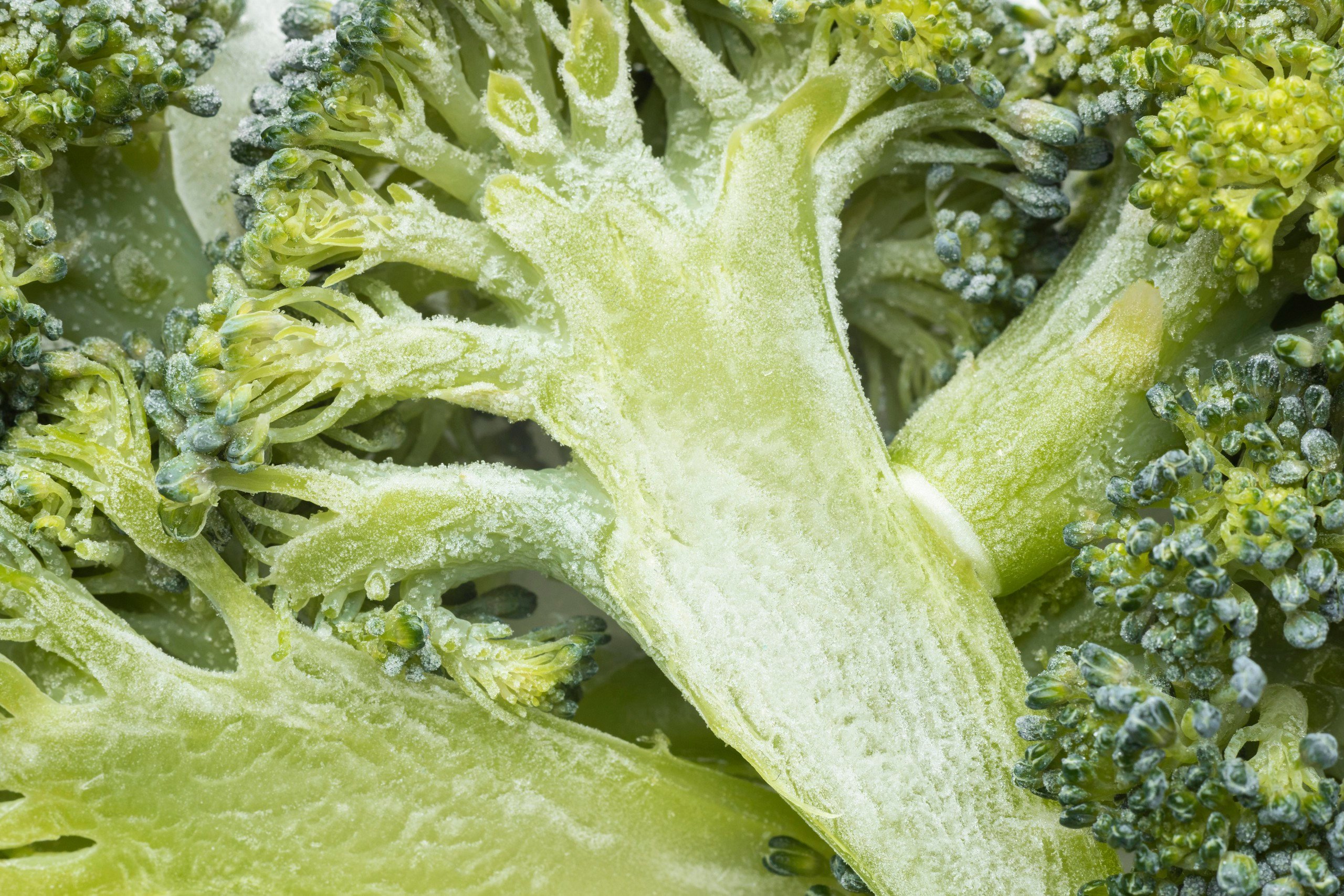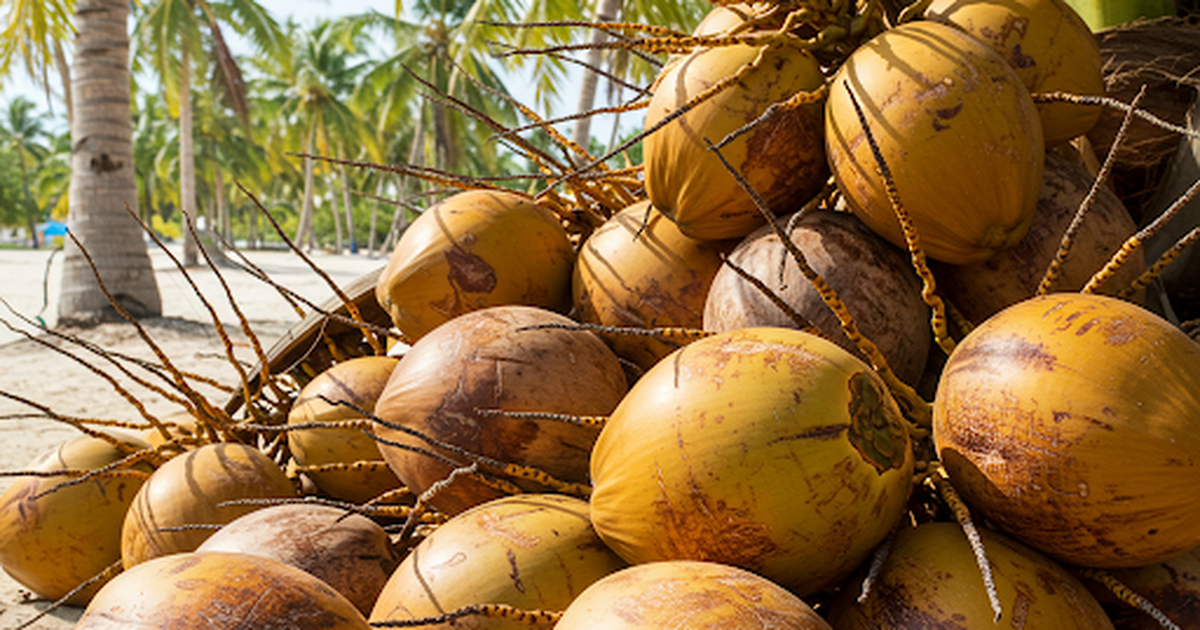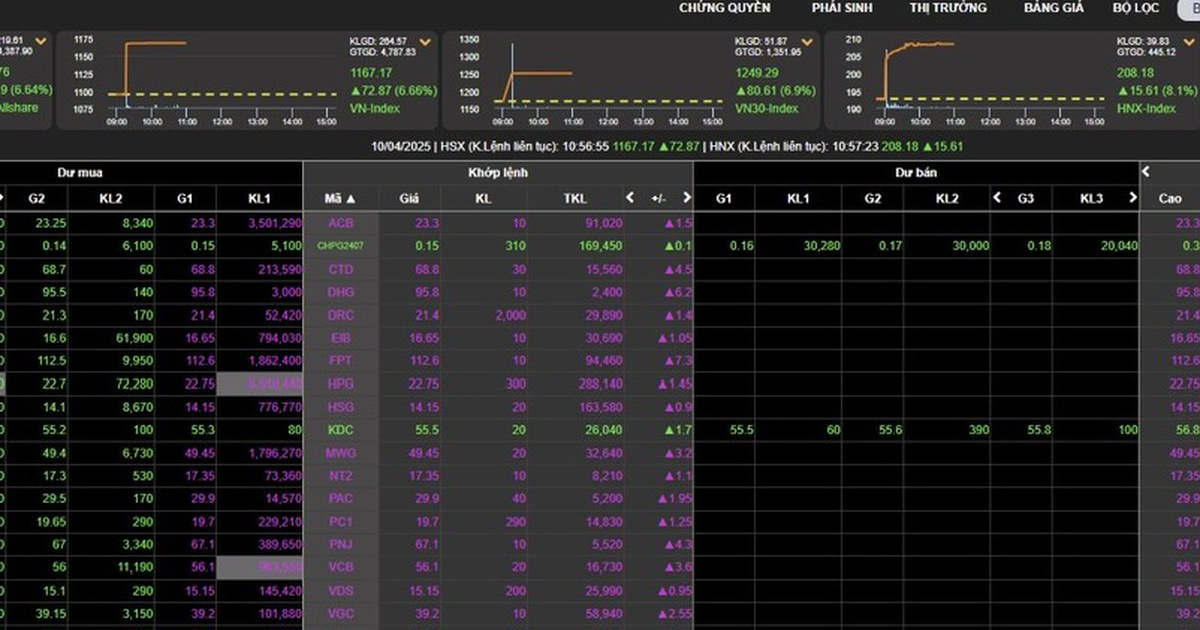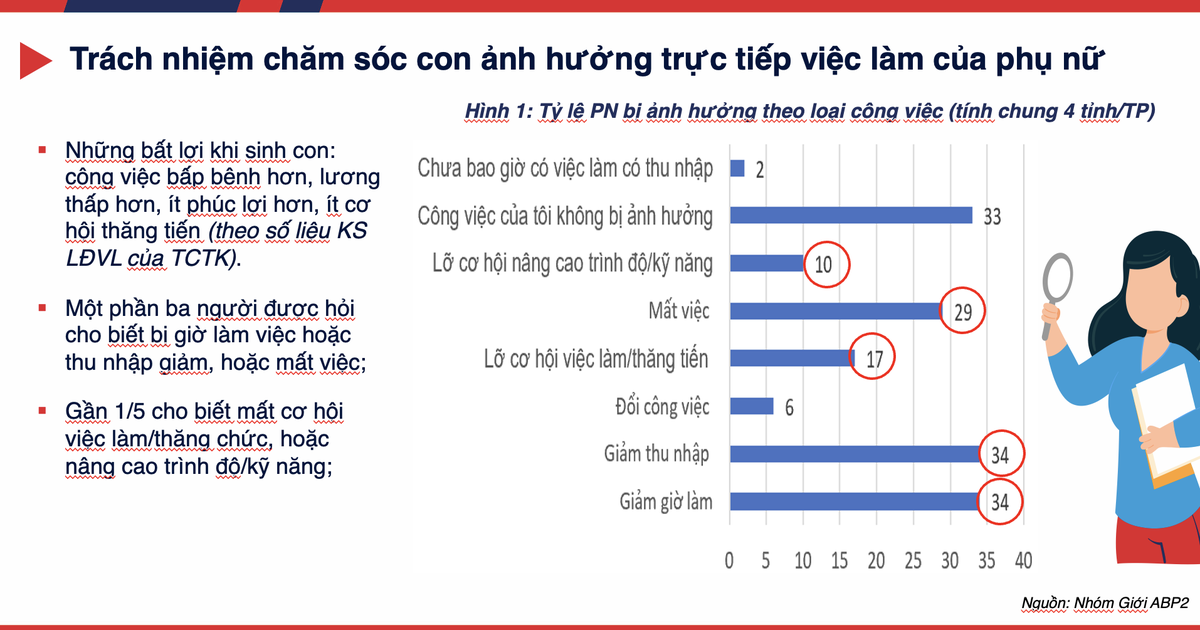Not only convenient, frozen vegetables are often cheaper than fresh vegetables. They can be preserved for a long time, helping to reduce food waste, according to the health website Health news .
Eva De Angelis, a nutritionist in Argentina, shared useful information about frozen vegetables.

Frozen vegetables retain more nutrients, especially plant compounds like lutein and flavonoids.
Illustration: Freepik
Nutrition in frozen vegetables
When frozen, the enzymes in fruits and vegetables stop working, helping to preserve beneficial nutrients.
According to research, popular vegetables such as broccoli, carrots, and peas, when frozen, retain a greater amount of nutrients than when stored cold in the refrigerator.
Frozen vegetables retain more nutrients, especially plant compounds such as lutein and flavonoids. Lutein, which is abundant in green vegetables, plays an important role in protecting the eyes and brain. Meanwhile, flavonoids, with their antioxidant and anti-inflammatory properties, help protect the body from harmful free radicals.
One of the biggest benefits of freezing vegetables is that it helps preserve vitamins and minerals. Frozen vegetables are just as high in vitamin C, folate, vitamin A, as well as minerals like magnesium, zinc, calcium, copper, and iron as fresh vegetables.
However, freezing after blanching can change the texture of the vegetables, making them softer when thawed. The color of the vegetables may also be affected, but this does not mean that they lose their nutritional value.
Fresh vegetables and fruits left in the refrigerator for a long time can lose some of their nutrients. Therefore, in this case, choosing frozen vegetables will help you ensure that you still have enough nutrients needed for your body.
Should you choose fresh or frozen vegetables?
Fresh vegetables are often preferred by consumers because they retain their fresh taste, especially after harvest. However, fresh vegetables are also susceptible to spoilage and nutritional loss if not stored properly.
Frozen vegetables, on the other hand, are convenient. They are pre-prepared, saving you time in cooking. In addition, frozen vegetables are often affordable and retain more nutrients than fresh vegetables that have been stored for a long time.
How to choose frozen vegetables
When choosing frozen vegetables, you should prioritize those that do not contain added salt or preservatives. They will retain their natural flavor and nutritional content.
After purchasing, store vegetables in the freezer at -18°C or lower. The lower the temperature, the longer the vegetables will retain their freshness and nutrients.
If stored properly, frozen vegetables can retain their nutrients for about 12 months.
However, thawing and refreezing many times will cause vegetables to lose nutrients, become contaminated with harmful bacteria and spoil.
Source: https://thanhnien.vn/rau-dong-lanh-co-mat-chat-dinh-duong-185241016164547746.htm





![[Photo] Prime Minister Pham Minh Chinh commends forces supporting Myanmar in overcoming earthquake consequences](https://vstatic.vietnam.vn/vietnam/resource/IMAGE/2025/4/10/e844656d18bd433f913182fbc2f35ec2)
![[Photo] Opening of the 11th Conference of the 13th Party Central Committee](https://vstatic.vietnam.vn/vietnam/resource/IMAGE/2025/4/10/f9e717b67de343d7b687cb419c0829a2)
![[Photo] April Festival in Can Tho City](https://vstatic.vietnam.vn/vietnam/resource/IMAGE/2025/4/10/bf5ae82870e648fabfbcc93a25b481ea)
























![[Photo] Reliving the heroic memories of the nation in the program "Hanoi - Will and belief in victory"](https://vstatic.vietnam.vn/vietnam/resource/IMAGE/2025/4/10/19ce7bfadf0a4a9d8e892f36f288e221)





























































Comment (0)